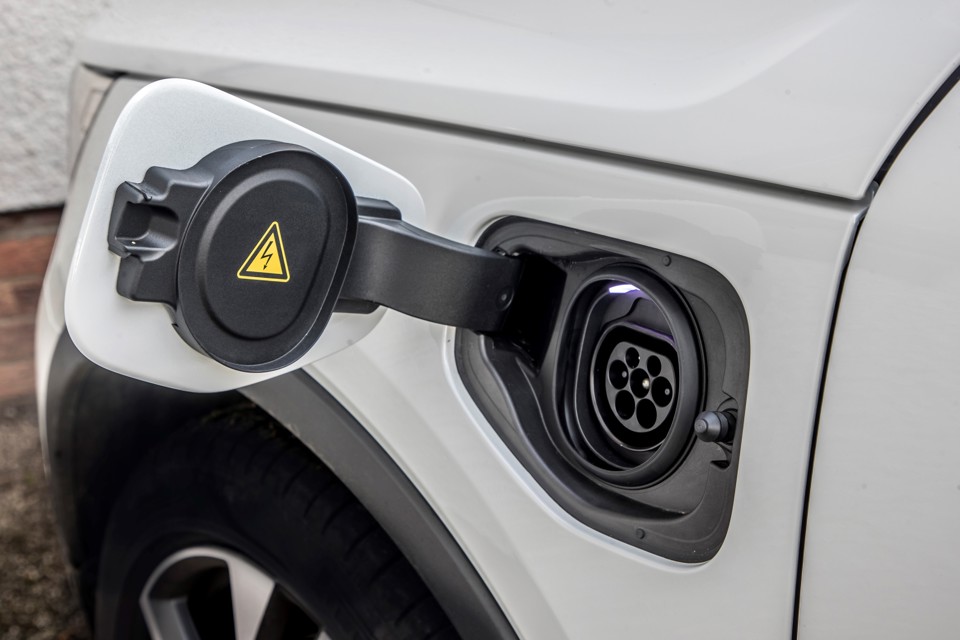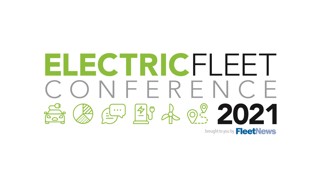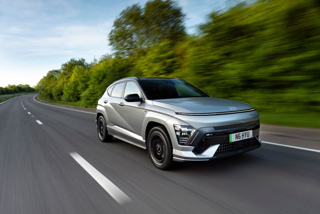FleetCheck is warning that shortages in both new vehicle supply and fleet management skills could damage the switch to electric vehicles (EVs).
Long lead times – caused by factors including Brexit, the pandemic and slow production ramp-ups in the switch to EVs – are being exacerbated due to a decrease in available expertise, claims FleetCheck’s managing director, Peter Golding.
He explained: “Shortages of vehicles are being widely reported and, for some models, manufacturers are simply unable to quote any delivery time at all, such is the production backlog. This is true for many vehicles but especially for EVs.
“What this does is create tough choices for fleets, especially those that are pushing hard for electrification. Do they hang on and wait? Do they opt instead for petrol or diesel models that are in better supply? Do they use interim measures such as medium-term rental?”
Golding says that each of these solutions has pros and cons that will be suitable for different fleets and even for different drivers.
However, he said: “Deciding which is suitable requires in-depth research and a level of expertise that many businesses simply can’t access.
“Especially, something that we are now starting to see are shortages of fleet skills in some organisations because of redundancies or furloughing among experienced staff because of the pandemic.”
Golding says that the combination of a shortage of fleet skills and long lead times will “undoubtedly” result in “poor decisions” being made.
Problems could especially emerge where fleets decided to wait until the EVs they wanted were available, he argues, with managers unaware of the costs and safety risks attached to keeping existing vehicles for longer.
“If you decide to hang onto cars and vans for what might turn out to be an extra year or more, then you could be incurring a large amount of additional cost, depending on each individual instance, whether that means replacing all four tyres or a cambelt change,” he said. “It could be much cheaper to opt for medium-term rental, for instance.”
However, Golding says that this kind of decision-making requires in-depth knowledge of maintenance profiles on quite a granular level.
“Our fear is that this expertise is becoming increasingly difficult for businesses to access as the pandemic drags on,” he said.
“All of this is true in some larger organisations but especially so in SMEs, where quite often the fleet responsibility is part of a shared role and there tends to be less of a strategic approach to vehicle acquisition.”
FleetCheck is looking at potential solutions to the skills shortage problem and Golding says that the firm will be bringing a new product to market in the first quarter of 2021.
“We want to identify new ways of providing help to fleets over key decisions, such as making the best choices when it comes to new vehicles,” he said.
“Our view is that there is likely to be deskilling in many organisations and we are looking at several options that will fill that gap.”
The Fleet News Electric Fleet Virtual Conference – March 23-24 – will provide guidance, insight and learning from industry experts and fleet decision-makers to enable businesses of all sizes to make a more rapid and smoother transition to electric.






















Login to comment
Comments
No comments have been made yet.